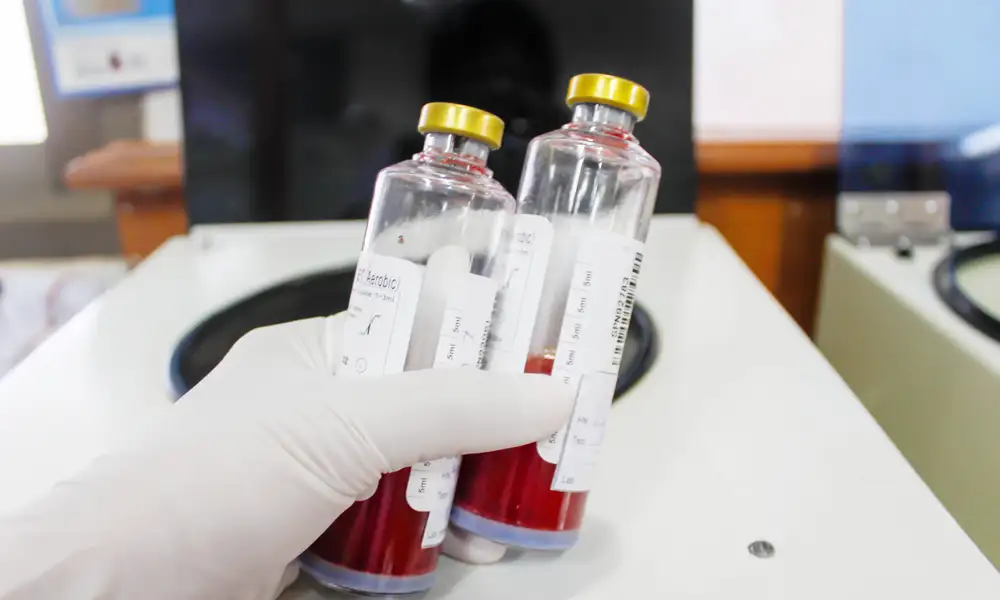
Imagine turning in bed and hearing a crack — not from the bedframe, but from your own bones. While it may sound extreme, this is becoming a startling reality for many individuals suffering from vitamin D deficiency. Often underestimated, vitamin D plays a critical role in maintaining bone strength and overall health. A deficiency, especially if left unchecked, can result in fragile bones that are susceptible to fractures from even minor movements.
With modern lifestyles keeping people indoors and diets lacking essential nutrients, vitamin D deficiency is on the rise, even in sunny countries like India. This blog explores how such a deficiency can lead to serious consequences — and how timely detection at a trusted diagnostic lab in Kolkata can help prevent irreversible damage.
The Role of Vitamin D in Bone Health
Vitamin D helps the body absorb calcium and phosphorus — minerals essential for building and maintaining strong bones. Without adequate vitamin D, bones become thin, brittle, or misshapen. Over time, this leads to conditions like:
- Osteomalacia in adults (softening of bones)
- Osteoporosis (porous bones prone to fractures)
- Frequent muscle weakness and cramps
When bones lose their density and strength, even low-impact activities like turning in bed, walking, or sneezing can result in stress fractures or serious injuries.
Signs and Symptoms to Watch For
Vitamin D deficiency often goes unnoticed until a fracture occurs. However, some early warning signs include:
- Persistent fatigue and weakness
- Bone pain or tenderness
- Frequent muscle aches or cramps
- Difficulty climbing stairs or getting up from a chair
- Depression or mood swings
- Frequent illnesses due to low immunity
If you’re experiencing any of these symptoms, it’s wise to get your vitamin D levels tested at a reliable diagnostic lab in Kolkata.
Why Is Vitamin D Deficiency So Common?
There are multiple reasons behind the growing prevalence of this silent condition:
- Lack of sun exposure: Urban lifestyle, sunscreen use, and staying indoors for work or school reduce direct sunlight exposure.
- Dietary habits: Vegetarian or processed food-heavy diets may lack vitamin D-rich sources like fatty fish, fortified milk, or eggs.
- Medical conditions: Liver, kidney, or gastrointestinal disorders can reduce vitamin D absorption.
- Aging: As we age, the skin’s ability to produce vitamin D declines.
The Consequences of Ignoring It
Ignoring vitamin D deficiency can result in:
- Frequent bone fractures
- Increased risk of falls, especially in older adults
- Poor dental health
- Impaired immune system
- Long-term musculoskeletal pain
In some severe cases, individuals have suffered rib, hip, or spine fractures simply from turning in bed or standing up quickly — highlighting how vitamin D deficiency can silently make bones dangerously brittle.
How to Diagnose and Treat Vitamin D Deficiency
A simple 25-hydroxy vitamin D blood test can detect your levels. If you’re based in the city, getting tested at a reputed diagnostic lab in Kolkata ensures accurate results and expert consultation.
Treatment usually involves:
- Vitamin D supplements (as prescribed by a doctor)
- Increased sun exposure (10–15 minutes a day without sunscreen)
- Dietary changes — include fortified cereals, dairy, fatty fish, and mushrooms
- Regular monitoring of calcium and vitamin D levels
Conclusion
Vitamin D deficiency is more than just a lack of sunshine — it’s a hidden health hazard that can break your bones without warning. If you’re experiencing fatigue, bone pain, or have a sedentary lifestyle, don’t ignore the signs. Get your vitamin D levels tested today at a reliable diagnostic lab in Kolkata.
Your bones are your body’s foundation — keep them strong, supported, and safe.


No Comments